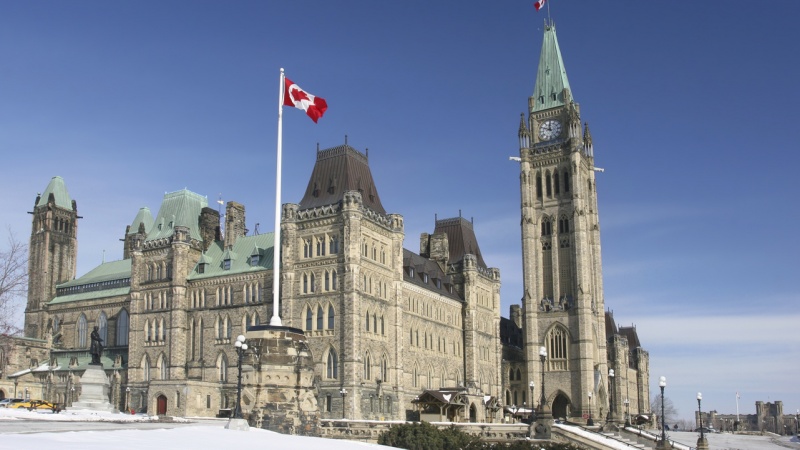Addressing Tax Reform on Both Sides of the Border
Looking back on 2017, I personally have never seen so much activity in tax reform that completely overhauled existing policy on both sides of the border in one year .
The consequences of these tax reform changes are to be far reaching and while still in their infancy they have already begun to rock the economic foundations in North America. For better or worse, U.S. tax reform is here, with Trump officially signing off on December 22, 2017 after the legislation had passed both the Senate and the House.
Far from being bystanders, Canadian businesses are major stakeholders in U.S. tax reform. The Canadian economy is deeply integrated with the U.S. economy and paradigm shifts in U.S. taxation will hit the bottom lines of corporate Canada. While it is difficult to predict the precise impact U.S. tax reform would have in relation to the Canadian businesses, it is expected the effects will be profound and broad, reaching across all industries. In short, the Trump tax reform presents a significant challenge for Canadians. It is a significant blow to the competitiveness of our tax system compared with that of the U.S.
Putting the weak Star Wars analogy aside, with corporate tax rates currently being dropped all over the world, we are on the verge of a new tax war where the arms race is a dash to the bottom of the barrel. Australia has announced that it will follow the U.S. and drop its corporate rates from 30% to 25%, Britain from 20% to 17% and France from 33% to 25%. While it may be premature to speculate, Canada is currently on the losing side when it comes to corporate incentives and overall tax policy. With the approximate 40% drop in corporate tax rates in the U.S., this will bring in a new era of tax exemptions for multinationals (companies with operations in more than one country). Such radical measures may also be powerful enough to lead to complete tax exemption for multinationals as states attempt to lure capital investment through ever smaller tax rates.
Currently in Canada our general corporate rate on average is 26%, there has been no mention at the Federal level that we will see a drop in these rates. To the further detriment for those of us here in B.C. our general corporate rates just went up to 27% with the NDP provincial government hiking a 1% increase effective as of January 1, 2018. In comparison, with the Trump reform, U.S. rates will drop to 21% (plus state tax of 3.5% on average) from 35%. You may say that, well that’s not much of a difference between 27% and 24.5% – but to a multinational company with profits in the millions of dollars, the tax savings are in the high hundreds of thousands it not millions. Before these recent tax cuts favouring U.S. multinationals, we Canadians had the advantage. Now we no longer do.
Two other developments under the new Trump tax reforms have also taken place, putting further strain on our tax competitions. Currently in Canada we have agreements with various tax-haven countries, and it is possible for a Canadian multinational to significantly reduce its tax bill. Until recently, these agreements gave us the significant advantage in comparison to the U.S., which imposed a 35% tax when income was repatriated. However, under the new Trump reform, U.S. multinationals will generally be exempt from repatriation tax, and for the approximate $2.7 trillion currently kept offshore by U.S. multinationals, the U.S. will provide a tax break of allowing these funds to come back into the country at rates varying between 8% to 15.5%. That’s a far cry from 35% and a death blow to our ability to compete.
The last development of significance should come at no surprise, as Trump’s slogan of “Make America Great Again” is re-tweeted by the POTUS on almost a daily basis. To encourage U.S. businesses to use tax savings at home, the Trump reform will subsidize the purchase of equipment for up to 21% of the acquisition cost by allowing accelerated depreciation measures. Capital gains will also be taxed less, to the detriment of the Canadian system, where it is rumored again that the Feds will be increasing the inclusion rates from 50% to 75%.
These changes will shift thinking and corporate headquarters, create new economic incentives and, for the prepared, create opportunity. For us here in Canada we need to be smart about these changes and maybe also consider that it’s time for a tax overhaul that is aimed to be corporately competitive and foster growth while still putting monies into our Federal coffers.









